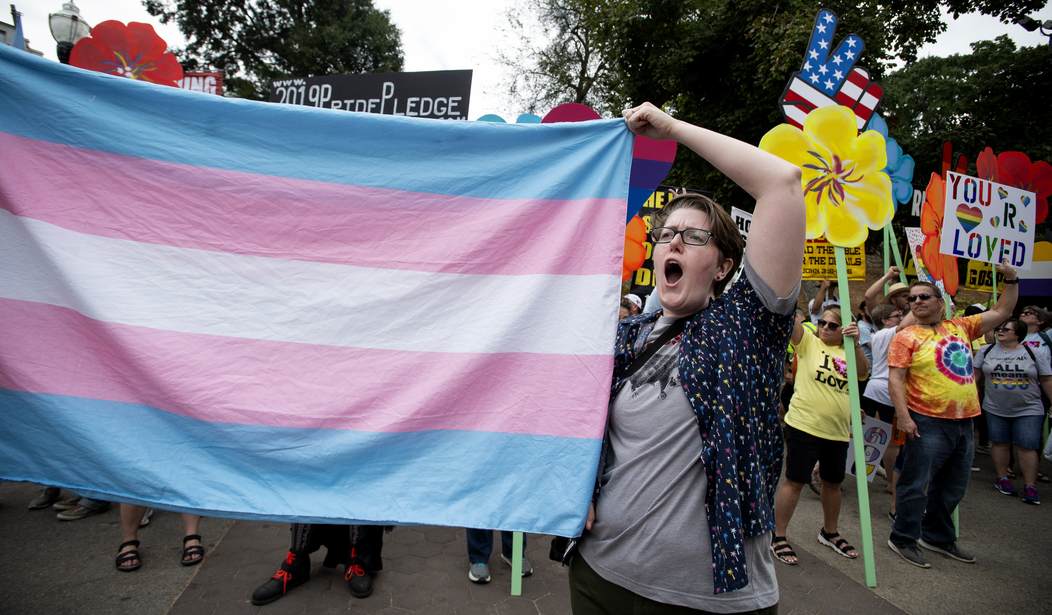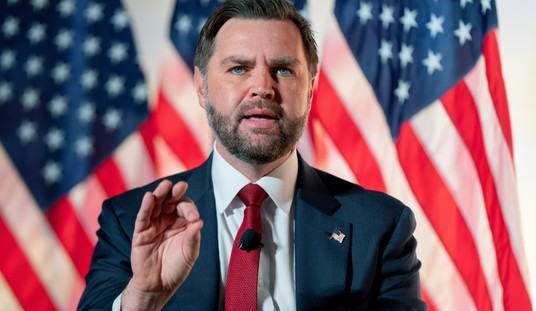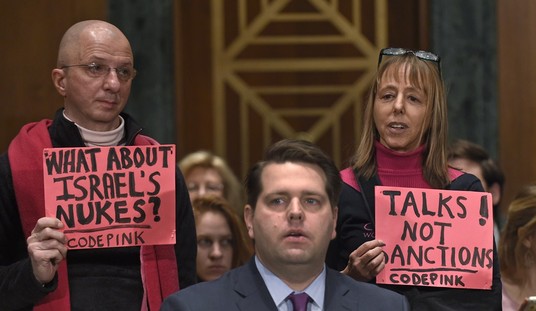The country of Peru has officially classified people who identify as "transgender" as "mentally ill."
According to the Daily Mail, the Peruvian government has made what has become a significant socio-political subject around the globe a condition worthy of medical attention. Peru's public health service noted that with this, the government could “guarantee full coverage of medical attention for mental health":
Under the decree signed by President Dina Boluarte, 'transsexualism, dual-role transvestism, gender identity disorder in childhood, other gender identity disorders and fetishistic transvestism' are now all recorded as mental illnesses.
The move, which comes just days before the 34-year anniversary of the World Health Organisation's removal of homosexuality from the list of International Classification of Diseases (ICD), has prompted fury from rights groups.
The WHO also removed transsexuality from its disease manual in 2019 when a new version of the ICD was proposed and came into effect in 2022.
The guarantee of medical attention includes "psychological treatment" for free. This has prompted some LGBT activists to claim that this could only lead to "conversion therapy," a practice that's actually banned in Peru.
Percy Mayta-Tristan, a medical researcher at Lima's Scientific University of the South, said Peru lacks "awareness" on LGBT issues.
'You can't ignore the context that this is happening in a super-conservative society, where the LGBT community has no rights and where labeling them as mentally ill opens the door to conversion therapy,' Mayta-Tristan told Yahoo News.
However, there is likely to be pushback on this idea that Peru is behind the times. Recently, countries have taken steps to dial back gender-affirming care, especially for the youth. The U.K.'s National Health Service (NHS) is now inquiring whether or not gender-affirming care is beneficial for transgender adults after it stopped all gender-affirming care for minors.
Finnish Dr. Riittakerttu Kaltiala, a pioneer in gender-affirming care for minors has also spoken out, noting the data she received over the years shows that there is actually harm done to those who undergo treatments, especially at younger ages. Kaltiala noted that many who were suffering from gender identity issues had previous trauma or mental illnesses beforehand:
Some came from families with multiple psychosocial problems. Most of them had challenging early childhoods marked by developmental difficulties, such as extreme temper tantrums and social isolation. Many had academic troubles. It was common for them to have been bullied—but generally not regarding their gender presentation. In adolescence they were lonely and withdrawn. Some were no longer in school, instead spending all their time alone in their room. They had depression and anxiety, some had eating disorders, many engaged in self-harm, a few had experienced psychotic episodes. Many—many—were on the autism spectrum.
(READ: A Pioneer of 'Gender Affirming Care' for Kids Is Now Sounding the Alarm Against It)
With changing developments happening in various medical communities, Peru may be justified in its position on transgenderism and its offer to help people who have the disorder. Before it was known as "transgenderism," it was more commonly known as "gender dysphoria" and was classified as a mental illness.
Peru's government isn't likely to go back on this classification of transgenderism in any case, at least not anytime soon.













Join the conversation as a VIP Member